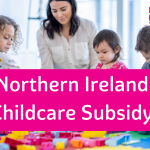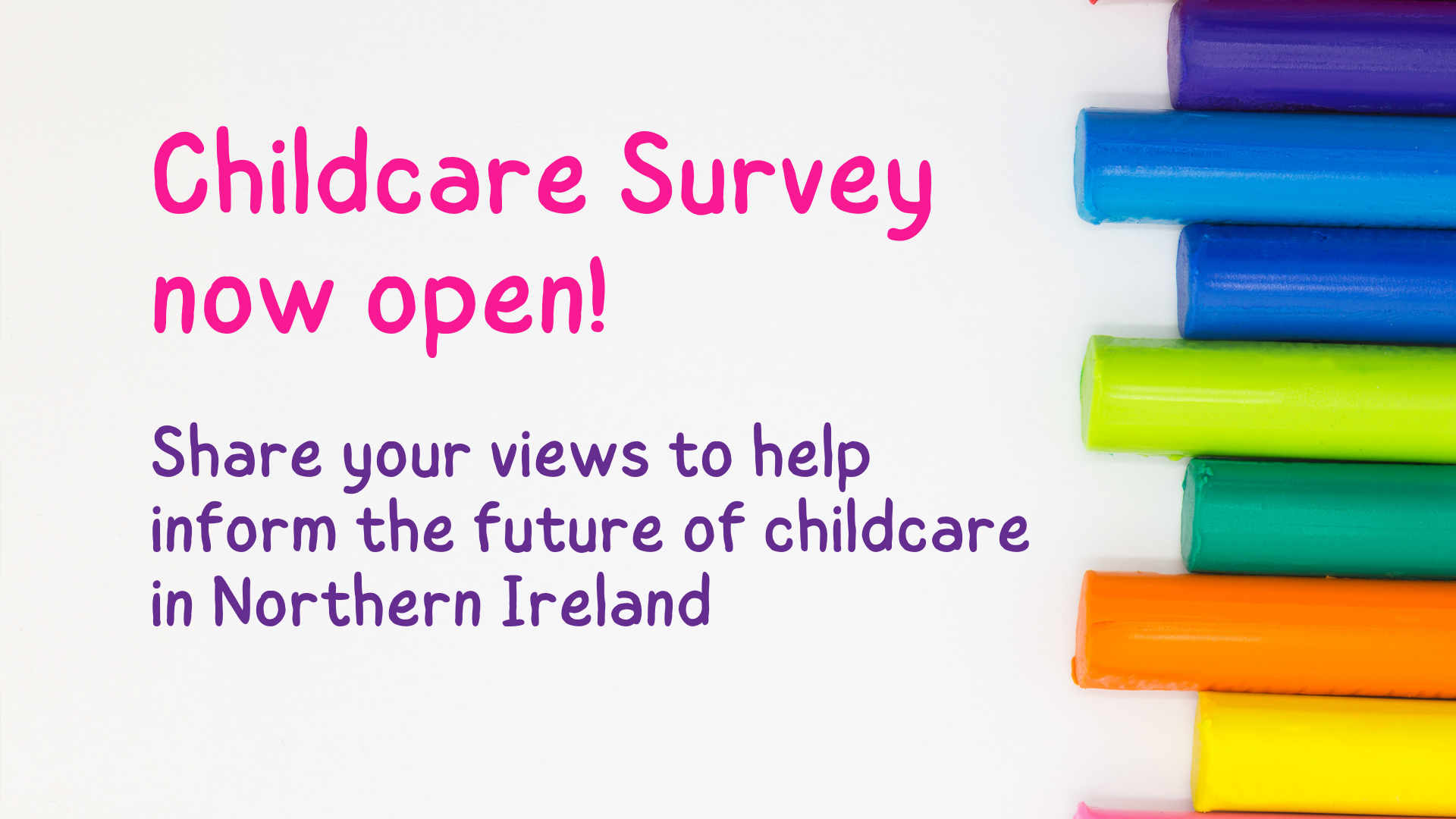What do the latest changes to the Covid-19 rules mean for families and childcare providers?
From Monday 16 August, changes to the rules in relation to Covid-19 self-isolation, and new guidance for childcare settings, will impact on parents and childcare providers in Northern Ireland.
What are the new rules on self-isolation for close contacts of someone with Covid-19?
If you are fully vaccinated (ie it is more than 14 days since you received the second dose of an approved Covid-19 vaccine) you are no longer automatically required to self-isolate for 10 days if you are in close contact with someone who tests positive for Covid-19, and provided you do not have symptoms of Covid-19. Instead, you should get a PCR test on day two and day eight of the 10 day period.
If you develop Covid-19 symptoms, whether vaccinated or not, you should immediately book a PCR test and self-isolate until you receive the result. If your test result is negative you are no longer required to self-isolate.
Anyone who tests positive for Covid-19 is required to self-isolate for 10 days from either the date of symptom onset or from when the test was taken if there were no symptoms.
Further information is available on the NI Direct website, including the definition of a close contact.
Are there any exceptions?
If you are a fully vaccinated health and social care worker, and identified as a close contact, you may not be able to attend the workplace during the 10 day period following last contact. The approach to self-isolation for close contacts who are health and social care workers remains as a stated in the letter issued on 23/07/2021 by the Chief Medical Officer, available here.
What are the rules for children and young people?
Young people aged 5 to 17 who are not fully vaccinated, and are identified as a close contact of someone with Covid-19, should self-isolate and take a PCR test. If the PCR test result is negative they can end their self-isolation, and arrange for another PCR test eight days after the last known contact.
Should they develop symptoms at any time, they should self-isolate until they have a result from their PCR test. If the PCR test is positive, they should complete a full 10 days of self-isolation from the date of symptom onset. If the PCR test is negative, they can stop isolating.
Children under the age of 5 who are close contacts will be encouraged, but not required, to take a PCR test. They do not need to isolate unless they develop symptoms of Covid-19 or have a positive PCR result.
What are the changes to Covid-19 restrictions in schools?
Class bubbles will no longer be required from the start of the new school term however, in order to support effective contact tracing, schools will still be asked to ensure pupils remain in consistent groups, where possible. Post-primary students will also still have to wear masks in class for the first six weeks of term.
As set out above, young people aged 5 to 17 who are not fully vaccinated, and are identified as a close contact, should self-isolate and take a PCR test. If the PCR test result is negative they can end their self-isolation.
Updated guidance is being provided to schools.
What has changed in the childcare guidance?
The Department of Health has updated the Covid-19 childcare guidance for registered group childcare settings and for childminders, available here. We would encourage all providers and parents to read the guidance carefully and, in particular, the updates in relation to:
- Infection control measures and
- Advice for close contacts.
Childcare providers must continue to inform their Health and Social Care Trust of any cases of Covid-19 and of any instances of closure. The Covid-19 Related Temporary Closure Fund runs until the end of September and is open for applications for support until 14 October.
We have set out below some key ‘frequently asked questions’ from parents, summarising how the guidance might impact on them – however this does not replace careful reading of the guidance in full.
If I am a close contact, can I continue to send my children to childcare?
If you are a close contact, and your child is not, then provided they have no symptoms, they can continue to attend childcare as normal.
If my child is a close contact of someone with Covid-19, what do I need to do?
If your child is aged under 5, provided they are asymptomatic or have had a negative PCR test then they are not required to self-isolate.
If your child is aged 5 to 17, and is not fully vaccinated, then they are required to self-isolate immediately, and take a PCR test as soon as possible. This means they will not be able to attend childcare. If the PCR test is negative, they can end their self-isolation and return to childcare, but should arrange to take another PCR test eight days after the last known contact with a positive case of Covid-19.
If your child who is a close contact develops symptoms at any time they should immediately self-isolate and book a PCR test, even if earlier PCR tests were negative. If any of the PCR tests are positive, this means they have the infection and they should self-isolate for 10 days from the date symptoms started, in line with advice for confirmed cases. Anyone who develops symptoms of Covid-19 should immediately self-isolate and book a PCR test.
What if my child has symptoms of Covid-19?
As per previous guidance, children who exhibit any of the symptoms associated with Covid-19 (new, continuous cough, fever, change in taste or smell) should not attend childcare and anyone who develops symptoms at childcare will be sent home. The next steps for the childcare provider and the parent are set out in the guidance, but in summary you should arrange a test for your child and:
- If the result of the test is negative your child can return to childcare, as long as they have been fever free for 48 hours
- If the test is positive you should inform the setting at the earliest opportunity and your child will be required to self-isolate for 10 days.
Will I have to pay my childcare provider if my child cannot attend due to being a close contact, or due to having tested positive for Covid-19?
Speak to your childcare provider as this will depend on their policies, however you may be required to pay for any days your child is unable to attend childcare if their place continues to be available, even though the child is not permitted under the guidance to attend.
We are here to help
For advice and guidance, our Family Benefits Advice Service is here to help, call 028 9267 8200 to speak to one of our advisors.






